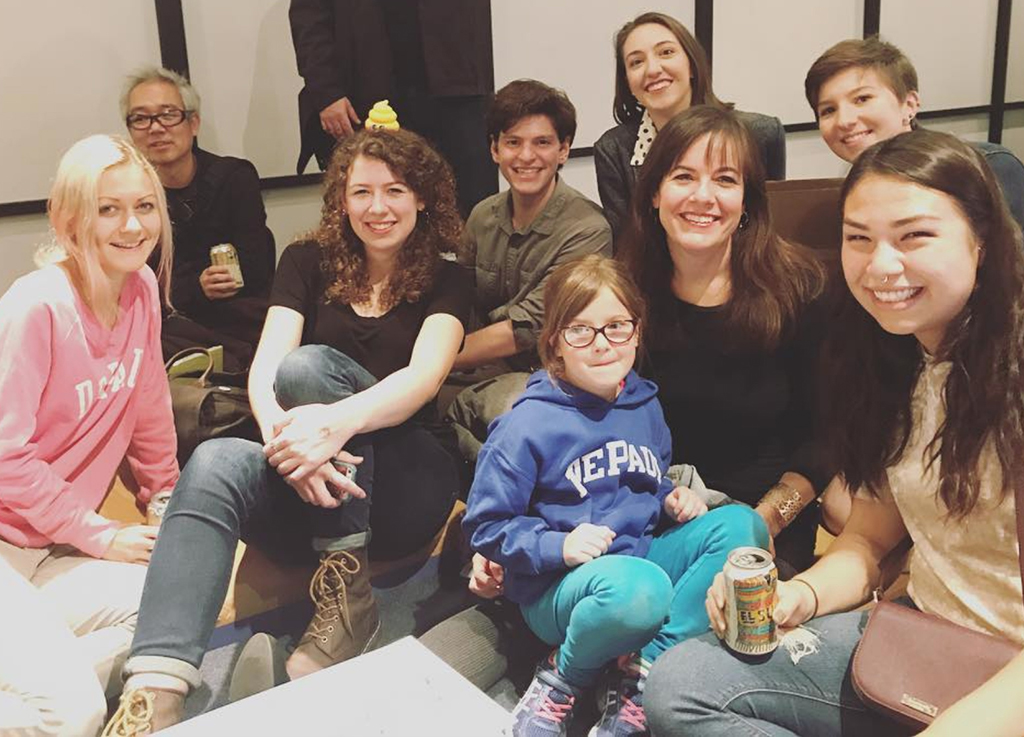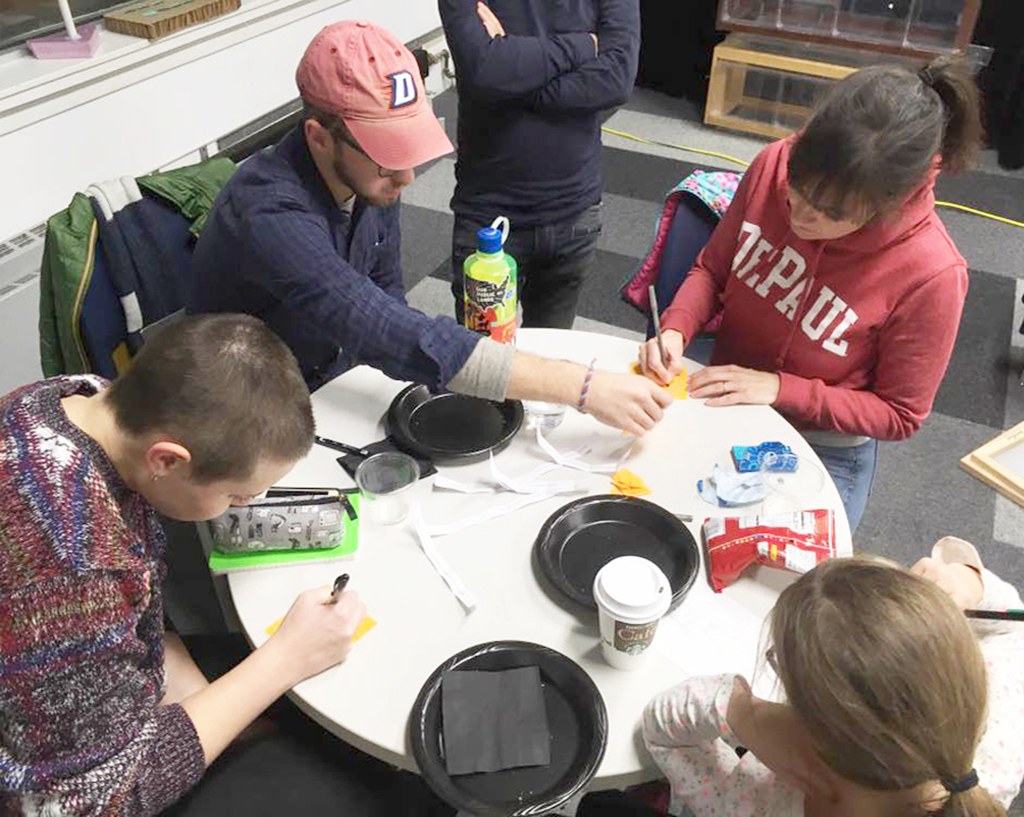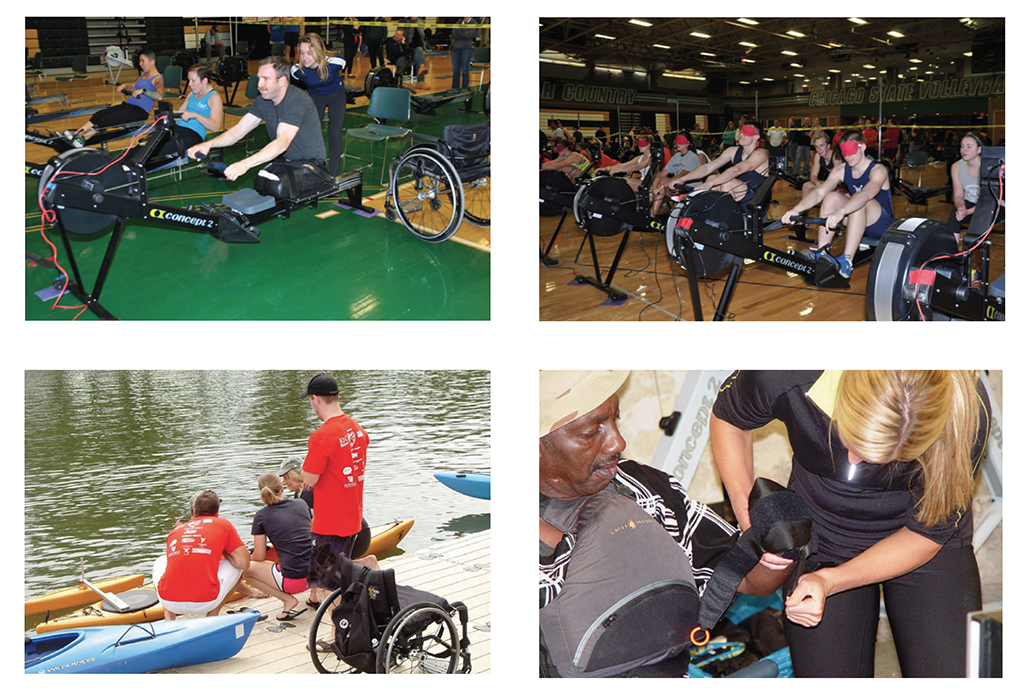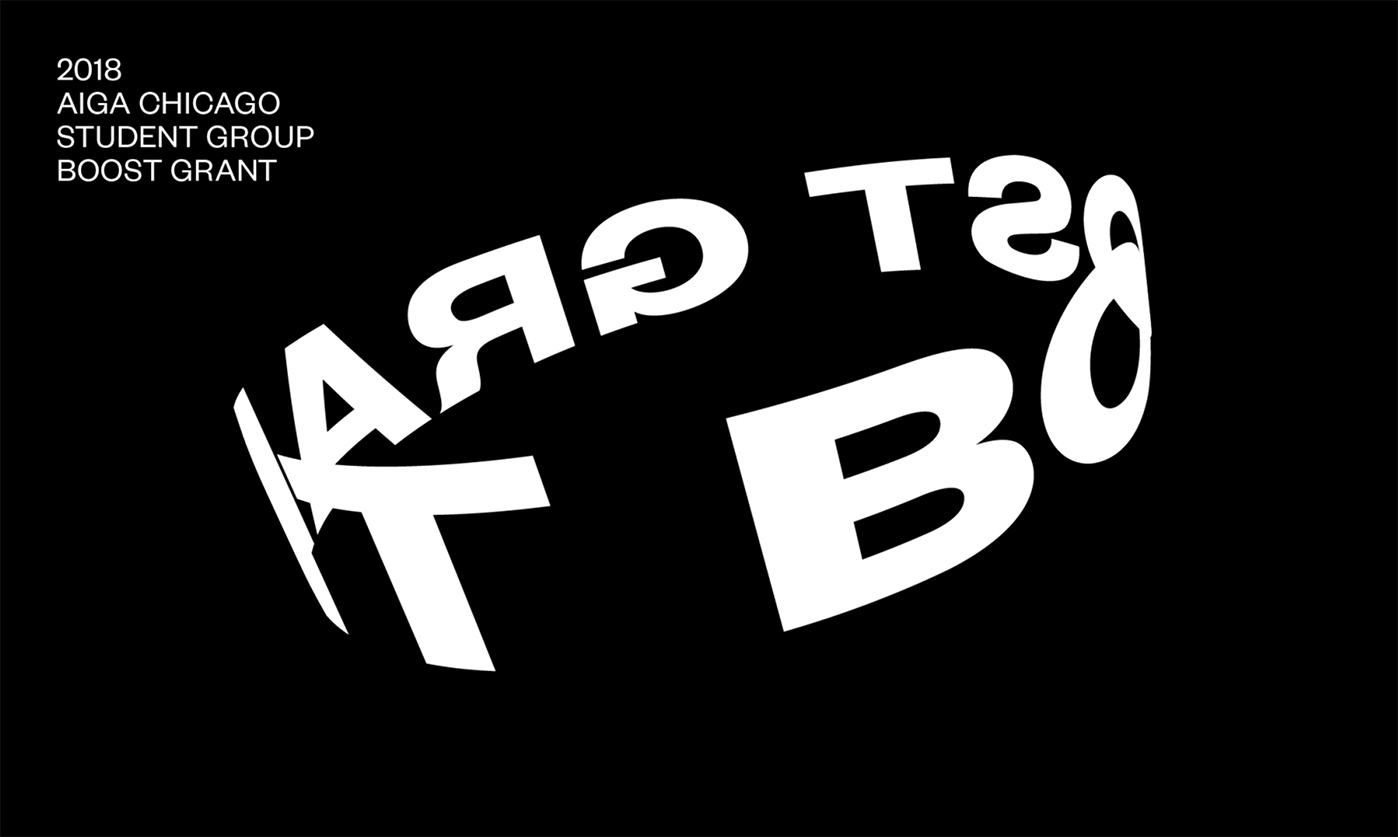Congratulations to current MFA in GD student Heather Snyder-Quinn and her DePaul AIGA student group for receiving the 2018 AIGA Boost Grant to work with the Adaptive Athlete Initiative. Heather teaches design at DePaul University and is serving as the DePaul AIGA faculty representative for her second year in a row. This is DePaul’s first time winning the grant.
The Boost grant funds projects that employ design in meaningful, community-oriented ways—creating opportunities for design students to engage with the broader community.
“My students will be working with The Adaptive Athlete Initiative and Chicago Indoor Rowing (CIRC), to observe and interview a group of adaptive rowers in order to develop insights into the ways in which we might realize more positive experiences with adaptive athletes. Our goal is to create a booklet outline the current state of adaptive rowing, and several important avenues that design might take into this arena in order to make positive impacts with these athletes that are currently under-served by the design of their equipment.”
Adaptive athletes typically fall into six categories—spinal cord injury, amputees/limb-deficient athletes, cerebral palsy, visual impairment, intellectual impairment, and les autres (les autres sport classification is system used in disability sport for people with locomotor disabilities not included in other classification systems for people with physical disabilities).
The popularity of adaptive rowing, which is rowing for people with disabilities, is growing. This makes rowing accessible to a community of people with many diverse gifts and mixed abilities. The growth is due in part to the fact that the indoor machine can be modified to help meet the needs of adaptive athletes, as opposed to the athletes having to adapt to the rowing machine.
Although rowing is a growing sport for people with disabilities, very little has been investigated using ethnographic methods, including approaches oriented around design thinking, into improving these athlete-users’ experiences. Most adaptive athletes adjust themselves to existing equipment and situations; and they struggle, when in fact very simple design changes could drastically improve their experience. In the competitive sport of both indoor and on-water rowing, an individual does not need to adapt themselves in order to row; new equipment is needed that can adapt to the user.
“We hope that this project is just the beginning of a much larger body of work that we’ll pursue with the Adaptive Athlete Initiative. We will also be freely distributing our final research report via GitHub, so that the entire design community has more insight into the needs of this community.”
Heather is a lifelong athlete and a competitive rower, having placed 3rd in the Open Women’s 500 meter at CIRC in 2016. It was at this competition where she first met John Butsch, Founder of CIRC and The Adaptive Athlete Initiative. Heather’s design and teaching practice also involve accessibility and inclusion. She previously taught Universal Web at RISD with Hans Van Dijk under a grant from The Institute for Human Centered Design, and her clients include MIT OpenCourseware, Children’s Hospital’s OpenPediatrics and The United Nation’s Adopt a Minefield.
She and her students will be working in DePaul’s new Idea Realization Lab/Maker Space with other faculty who have a breadth of expertise across Product Design, Physical Computing, and UX Design. The project work takes place between February-June 2018 and will be disseminated in late June of 2018. Heather is currently pursuing additional funding so they can test physical prototypes in August at the 2018 Valor Games for Wounded War Veterans.

Heather’s 7-year old daughter attends an event with some of her AIGA students.

Heather and her daughter brainstorm at DePaul’s first Design Jam with her AIGA students in the new Idea Realization Lab

Photos of Adaptive Rowers on and off water (courtesy Adaptive Athlete Initiative)


